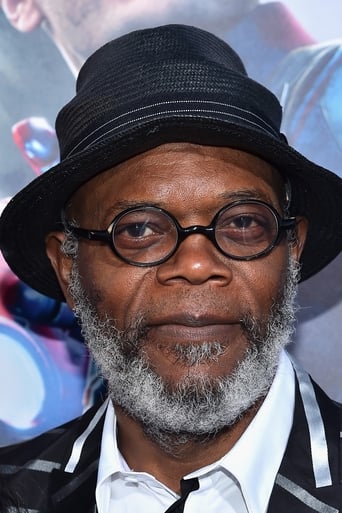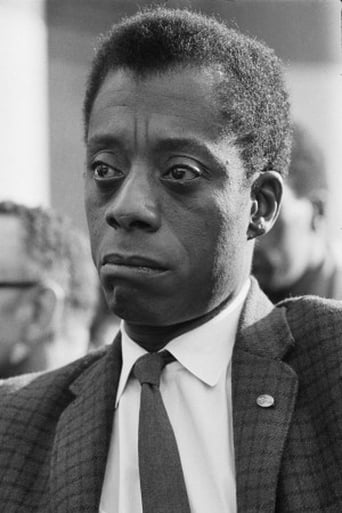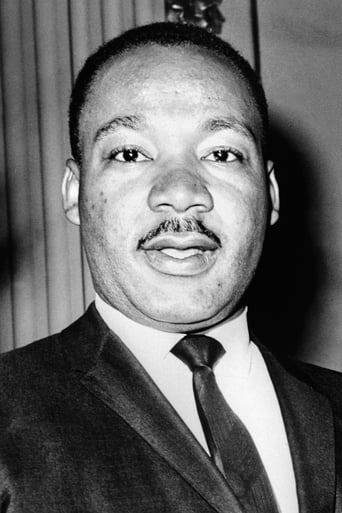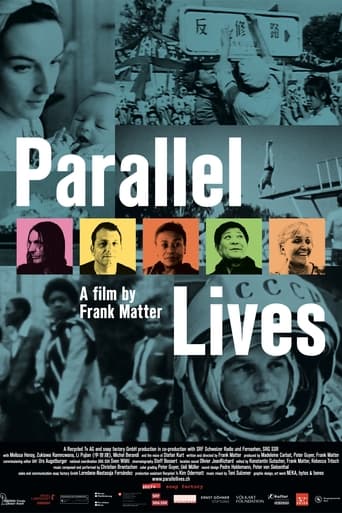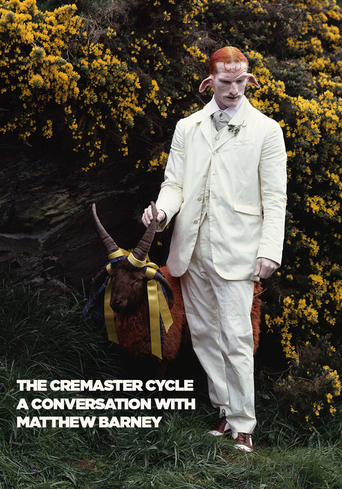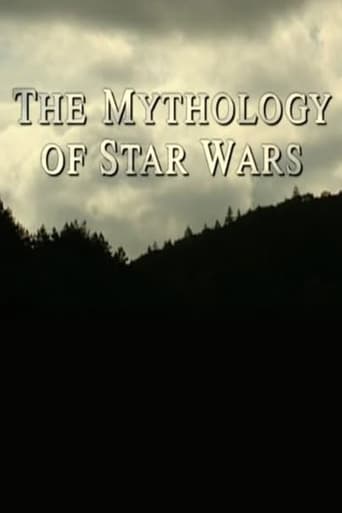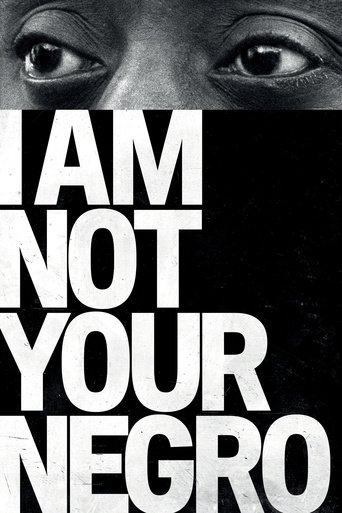
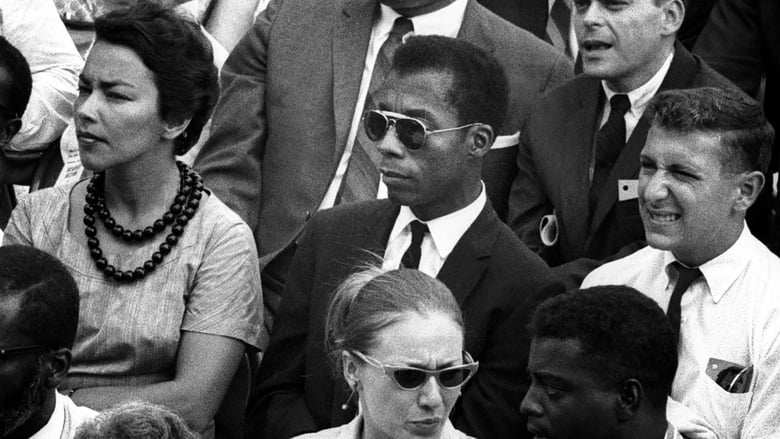
I Am Not Your Negro (2017)
Working from the text of James Baldwin’s unfinished final novel, director Raoul Peck creates a meditation on what it means to be Black in the United States.
Watch Trailer
Cast


Similar titles
Reviews
I watched a person full of hate for about ten minutes and then I switch of my tv. I think that says enough.
This documentary is without a doubt one of the greatest documentaries regarding the black (and white) experience in America. I was glued. You if you have not seen it I say it is a MUST SEE.I was riveted to it and cried through it because I remember the times of which it spoke and it spoke to me. In the end Baldwin says "Not everything that is faced can be changed but nothing can be changed that is not faced." I believe if one sees it it should speak to you. It should especially in this hour of Trump be required viewing in this nation in every school of this nation. I was so moved! This must see is profoundly brilliant. White supremacists and Trump SHOULD see it but I am sure will not. If they do it should make him and them feel profoundly guilty for the racist divide they are helping perpetuate. United we stand but divided we surely will fall. Those who view this piece of artistic excellence should heed what it has to say.
STAR RATING: ***** Saturday Night **** Friday Night *** Friday Morning ** Sunday Night * Monday Morning Playwright James Baldwin charted the history of black oppression in the US, and the struggle to overcome the odds throughout his life, after returning from a period of self imposed exile in France. In 1979, he contacted his agent to propose a new novella Remember This House, about three of his friends, Medgar Evers, Malcolm X and Martin Luther King Jr., who were all killed before the age of forty in their respective struggles to attain civil rights. But Baldwin never completed this work, dying before he could finish it, and Raoul Peck's documentary is an imagining with Samuel L. Jackson's voice over, about how it might have panned out.The struggle for black equality in the US is a veritable history all of its own, that could provide countless hours of filmic content in various works. I must confess this Baldwin gentleman is someone whose name has never crossed my path before I came across this intriguing looking piece, but clearly he was a great authority on the subject of black history and the prejudice faced by the black population of his time. At times, he comes across as an overly intellectual sort, whose ramblings become a little overpowering. He spends the first part of the film dissecting the inherent racism apparently portrayed in the golden age of American cinema, with John Wayne and Gary Cooper shooting the Native Americans, creating a very particular image of the hero and the villain.In narration duties, Jackson was maybe not the best choice for the job, his voice a bit too thick and deep in comparison with his subject Baldwin, although his appeal is not lost on the viewer. What really makes it hard to digest is the unstructured style of the storytelling, which makes it hard to keep track with the numerous interesting threads the story throws up. While it highlights a great many of the terrible, genuine bigotries and inequalities that black Americans had to overcome in the past, the collision of past and present is a little hard to digest. The juxtaposition with the modern day tribulations of Black Lives Matter, a violent, criminal group that has been shown to terrorize those who do not bow to its every whim, undercuts the true struggles faced by the likes of Dr King, and ridiculously perpetuates the myth black people face the same sort of struggles today.This is an interesting idea to explore that yielded great potential, but sadly it's all a bit too weighed down and laced with false victimhood to be really great. **
A documentary of searing intensity, I Am Not Your Negro is based on an unfinished manuscript by author James Baldwin (Go Tell it on the Mountain, The Fire Next Time) who details his reminiscences of and friendships with civil rights leaders Medgar Evers, Martin Luther King, Jr., and Malcolm X, whose betrayal and murder he lived to witness. Narrated from the unfinished manuscript by Samuel L. Jackson using an authoritative modulated voice that matches Baldwin's speaking style, Peck's film is more than a retrospective of three civil rights leaders but a persuasive, intuitive case for Baldwin as a poet and prophet.Weaving in old speeches and writings from other books, the film provides an emotional look at the stain of racism in American history through the eyes of a man of impeccable eloquence and depth. Though he was an outspoken critic of American culture, the irony is that he was the only black spokesman that white America could relate to. Peck includes sequences showing the excessive force used by police officers in Ferguson, Missouri in 2014, photos of Tamir Rice and Trayvon Martin, civil rights protests marches from the 1960s, White-power rallies, and the assassination of Martin Luther King.It is a powerful highlight reel of institutional racism punctuated by Baldwin's acerbic rhetoric, only somewhat mitigated by Bobby Kennedy's speech on King's murder and his prediction that we will have a black president within the next 40 years. Being gay at a time when it was considered as a sickness, Baldwin was always an outsider but it was a vantage point that enabled him to look at American society with blistering detachment. "And what has happened," he said, "is as though I, having always been outside it—more outside it than victimized by it, but mainly outside it—can see it better than you can see it." In his provocative TV interviews such as those on the Dick Cavett show, Baldwin pulls no punches in articulating his outrage at the hypocrisy of Western democracies, singling out Hollywood movies such as Love in the Afternoon and Lover Come Back and stars Gary Cooper and Doris day as being examples of our collective fantasies and their "grotesque appeals to innocence." Reflecting on his childhood, Baldwin recounts how he realized how "This country has not in its whole system of reality evolved any place for you," and that rooting for the cowboys to kill the Indians, was in fact cheering for the oppressors against himself.Wearily resigned about the Negro's chance for equality in a white-dominated society, Baldwin's outrage often comes across as bitterness and despair yet his message does not feel outdated. He said, "Your history has led you to this moment, and you can only begin to change yourself by looking at what you are doing in the name of your history, in the name of your gods, in the name of your language." His words are even more relevant in today's bitterly divided America in which the fire may not wait for the next time.


